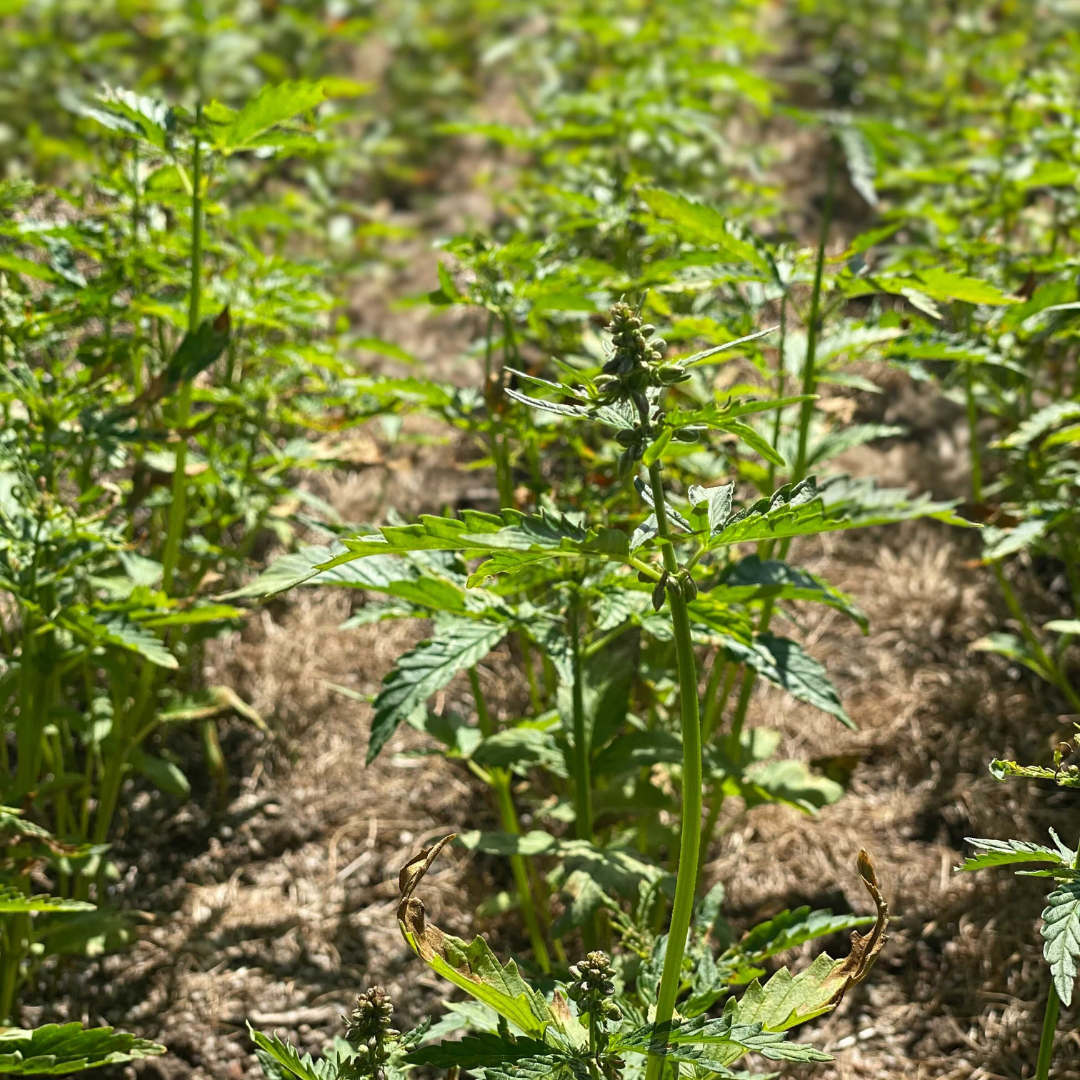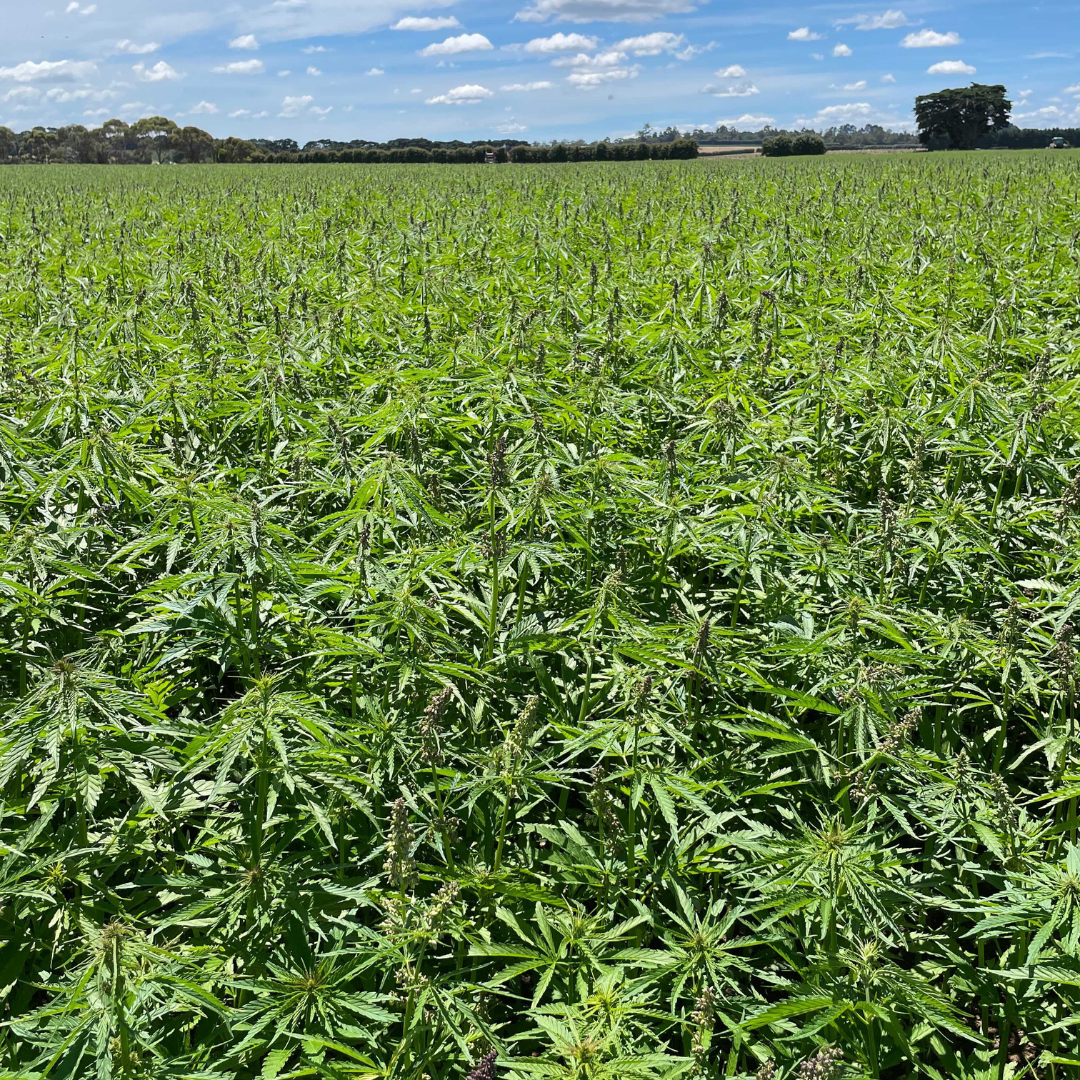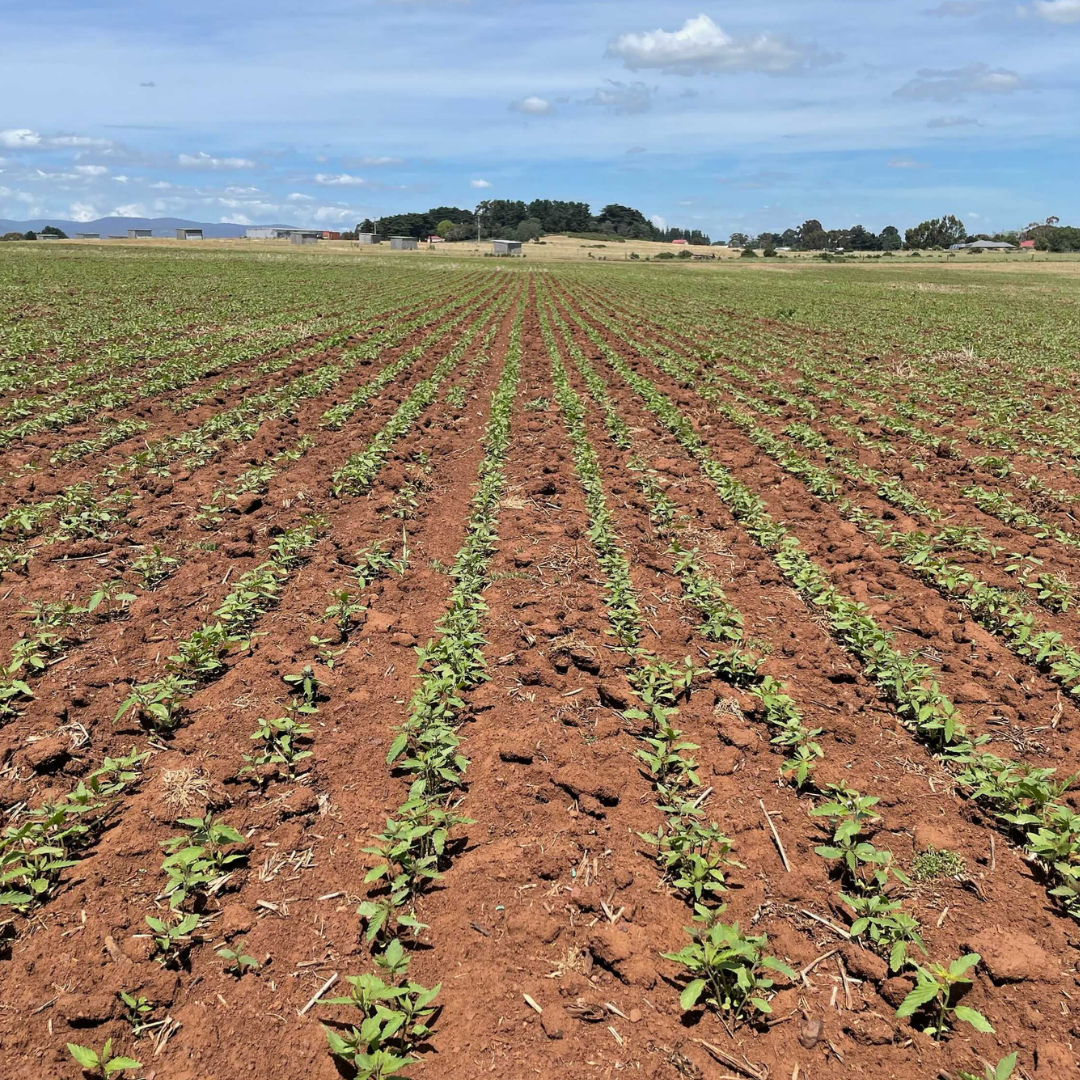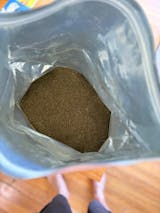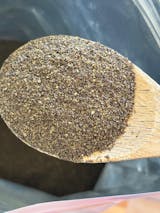Fibre is one of the most underestimated nutrients. We know enough about it to know it’s important and that we need to consume it in our diet, but our knowledge seems to finish there.
Shockingly recent research has found that Australian’s consuming a typical Western diet are not consuming enough fibre which could lead to diseases such as bowel cancer, diabetes and coronary heart disease.
So, how much should we be consuming?
According to the Mayo Clinic men under the age of 50 should be consuming 38grams and women 25grams, whereas men over 50 need to consume 30grams and women 21grams each day.
Let’s check out what that looks like. 
So what role does fibre play in our body?
Fibre is predominantly a carbohydrate that is made up of indigestible plant foods. Unlike other forms of carbohydrates, fibre is not broken down by the body and instead passes through the stomach and intestines relatively unchanged. Its main role in the body is to keep the digestive system healthy.
There are three different types of fibres found in food that must be consumed in equal amounts to achieve the desired health benefits, they are; soluble fibre, insoluble fibre and resistant starch.
Soluble Fibre assists in making you feel fuller for longer by slowing down the emptying process in our stomachs. One of its major roles is to help lower cholesterol and stabilize blood glucose levels. Soluble fibre is found in fruits, vegetables, oats, barley and legumes.
Insoluble Fibre keeps bowel movements regular by absorbing water to help soften the contents. Consuming a healthy amount of insoluble fibre aids in preventing constipation if plenty of water is drunk. Insoluble fibre is found in the skin of fruits and vegetables as well as cereals, nuts and seeds. .
Resistant Starch bypasses the small intestine and instead is digested in the large intestine where it improves the production of good gut bacteria resulting in improved bowel health. Resistant starch is found in potatoes and rice.
Overall, a healthy diet that consumes enough fibre of all three types listed above will assist in;
- Normalise bowel movements,
- Maintain a healthy bowel,
- Lower cholesterol levels,
- Assist in controlling blood sugar levels,
- Aid in reaching a healthy weight,
- Help you live longer.
If you think you need to add a little more fibre into your diet, check out our range of Australian grown, raw hemp products which are naturally high in fibre, available here or check out our new Green Hemp Fibre Smoothie here.

https://www.betterhealth.vic.gov.au/health/healthyliving/fibre-in-food
https://thehealthwiselife.com/the-role-of-fibre-in-the-body-9e658a91993d
http://www.nutritionaustralia.org/sites/default/files/Fibre-2014.pdf



